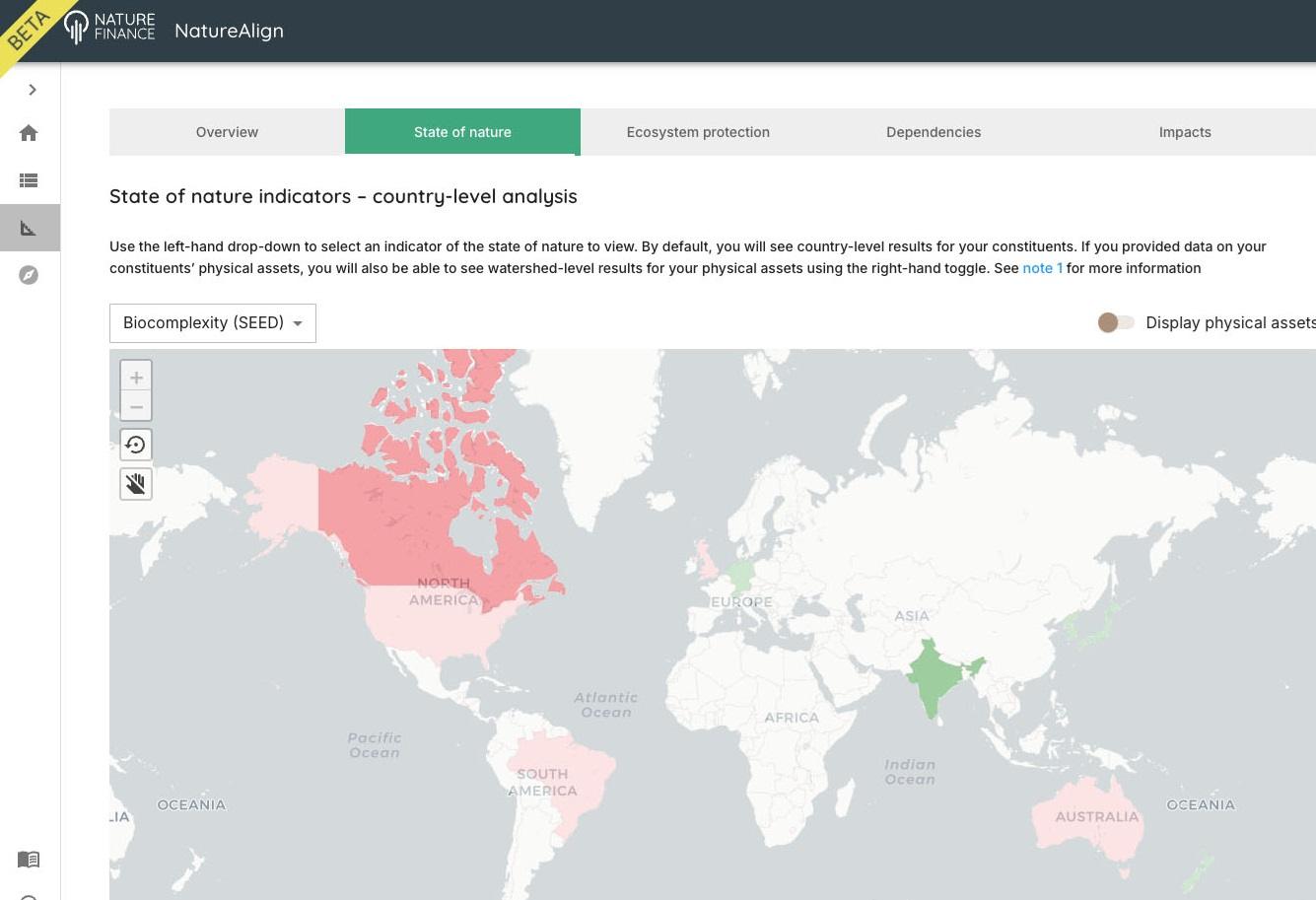European Securities and Markets Authority Calls for Regulation of ESG Ratings
EU markets regulator The European Securities and Markets Authority (ESMA) announced that it has written a letter to the European Commission calling for regulation of ESG ratings and assessment tools.
ESMA’s letter comes shortly after a similar call, published in a position paper by the French and Dutch financial market regulators, the Autorité des marchés financiers (AMF) and, the Autoriteit Financiële Markten (AFM), for a European regulatory framework for providers of ESG data, ratings, and related services. In their paper, the regulators suggested that supervision of the framework be entrusted to ESMA.
According to ESMA, its letter comes in light of the Renewed Sustainable Finance Strategy, the roadmap being developed by the EU to promote private investment in sustainable projects and activities, in support of the European Green Deal. ESMA notes that as investors are increasingly required to take ESG factors into account in their investment approaches, and as sustainable investing gains significant traction, safeguards must be put in place to ensure that services providing assessments of the ESG profiles of the investments are reliable, and in order to prevent greenwashing.
Among the issues addressed in the letter is a need for a common definition of ESG ratings, noting that there is often very low correlation between the ratings provided by different providers, causing inconsistencies and confusion for investors. ESMA wrote:
“Compared with credit ratings, ESG ratings display very low levels of correlation across providers, leading to issues down the investment value chain3. ESMA’s forthcoming analysis shows indeed that this is problematic in the context of ESG benchmark construction, with the choice of ESG rating provider significantly impacting the constituents of those indices. Considering current growth trends in Europe in sustainable investing and passive investment products such as ETFs, measures aiming to reduce the risk of capital misallocation will become crucial to facilitate the transition to a more sustainable financial system. Similarly, the fact that companies in highly polluting industries can obtain high environmental scores from some ESG rating providers4 can lead to investor confusion and highlights the need for greater transparency and the development of standardised definitions.”
ESMA provided several recommendations to address the challenges of the ESG ratings and assessment tools market. These include the development of a common legal definition for ESG ratings covering the broad spectrum of assessment tools that are currently available in the market, requiring providers of ESG ratings and assessments to be registered and supervised by a public authority, and putting in place specific product requirements for ESG ratings and assessments, in order to ensure that they are up to date, reliable, transparent and robust.
According to ESMA, given its position in supervising sectors such as the credit ratings agencies, it would be well placed to be the authority entrusted with the supervisory responsibility for ESG ratings providers as well.
Click here to see the full ESMA letter.





